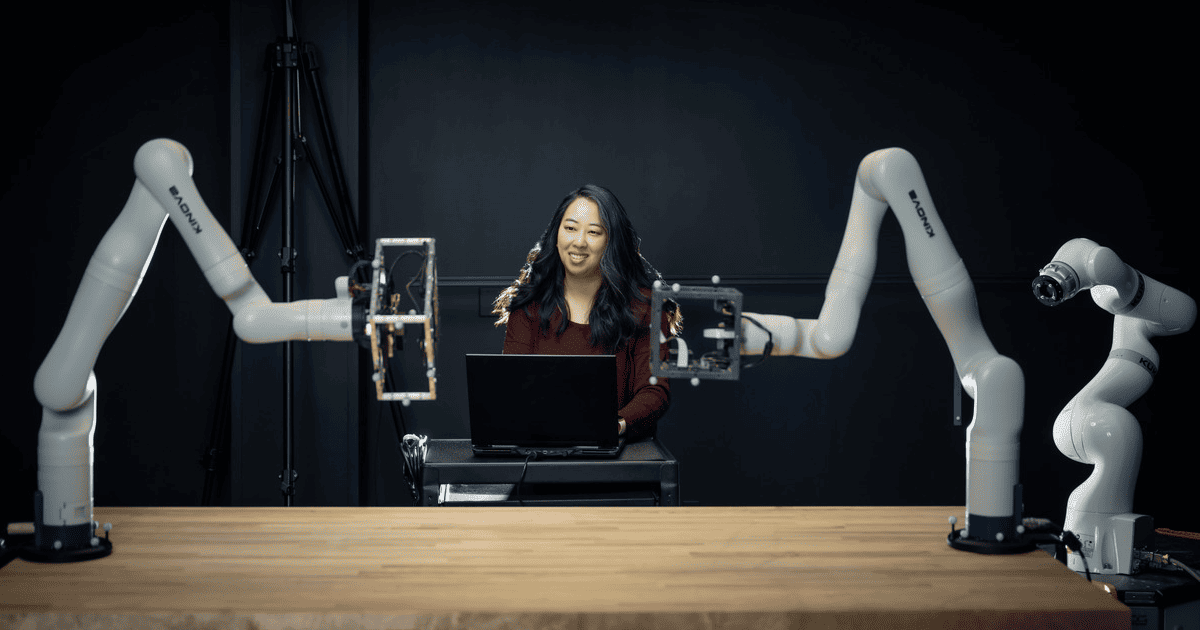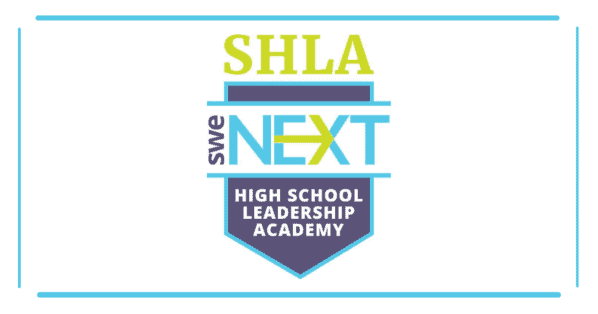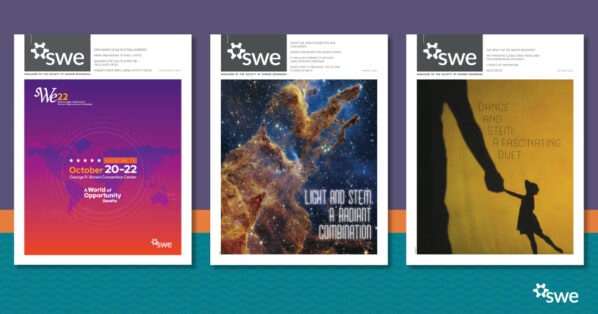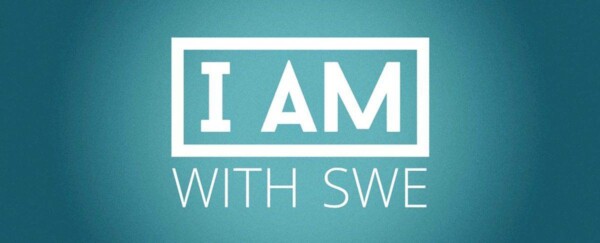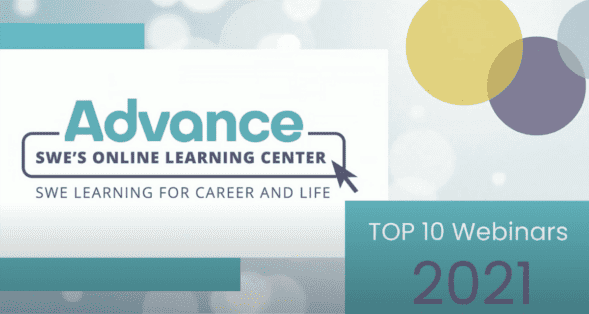Content sponsored by:

I’m Erin Hong, and I’m an electromechanical controls engineer at The Aerospace Corporation. In my day-to-day, I lead teams and coordinate projects to test and characterize sensors and actuators such as gyroscopes and motors. I also develop robotic testbeds and provide launch vehicle support for our government customers.
“No education is wasted” is a phrase I heard when I was a student, and once I realized that education included my previous experiences, it became my mantra.

I wasn’t always an engineer. I originally graduated from UCLA with a double bachelor’s in economics and linguistics. My first full-time job was at a quantitative finance recruiting company. Commission-based recruiting proved to be extremely challenging and exhausting for me, and the experience led me to consider what my future career might look like in a different field.
I remembered loving my automotive mechanics elective in high school. After much introspection, I decided to pursue mechanical engineering. Luckily, California State University, Northridge (CSUN) was nearby and offered a second-bachelor’s program. I’m so grateful for my family who supported my decision.
When I began my engineering journey as a nontraditional student, I wasn’t considering the kind of impact I could have on my peers. At CSUN, I got involved with student engineering clubs and led numerous workshops for resume writing, using LinkedIn effectively, and networking with students and professionals ― all skills that I had learned through my recruiter experience!
Some of my proudest moments were mentoring my fellow students and hearing about their successes in landing first internships and full-time positions.
Going back to school provided me the opportunity to prioritize building my resume to successfully switch careers. The foundation of it all was networking, but what does networking even entail? Research, connect, lead are the networking tips that I’ve used with great success.
- Reach out to professionals on LinkedIn: Start by searching for alumni, then expand to folks whose jobs you’d like to have one day. Whether you meet someone at a conference—how I got my internship at JPL—or find event speakers on social media, you can take initiative to meet, gather information, and learn what career paths are available. One speaker I reached out to connected me with a colleague who ended up joining my thesis committee.
- Attend conferences, talks, and events: This is such a great way to meet new people and already have a warm intro. Even now as a full-time engineer attending my company’s internal events, I will find speakers after the talk to get more information or see how I can get involved.
- Take leadership roles in projects and activities: The value of serving in a leadership role is tremendous, whether it’s for a class project or a group of fellow volunteers. Leadership roles allow you to learn new skills—interpersonal, time management, and communication, among others. One of the greatest intangible benefits of a club leadership role is the opportunity to take risks in a low-stakes environment.
One last thing: follow up with your new connections with an email or LinkedIn invite. Even better, send a handwritten note.
Switching careers was scary and intimidating, but it was worth it, and I ended up earning a master’s degree, too! I’m proud to have leveraged my previous experiences to get to where I am today, solving the hardest problems in the national security space.
Even now, when I represent Aerospace at recruiting events and in professional engineering societies like the Society of Women Engineers (SWE). I hope my story will encourage and empower others to explore opportunities outside of their comfort zones. Remember, no education is wasted!
Author
-

Erin Hong is an electromechanical controls engineer at The Aerospace Corporation.

